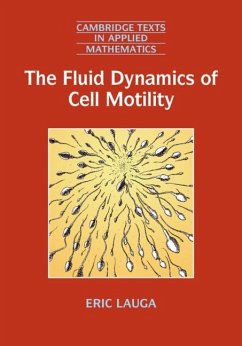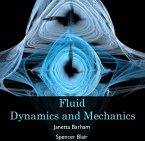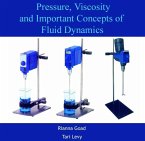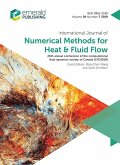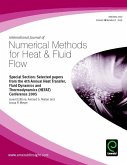Fluid dynamics plays a crucial role in many cellular processes, including the locomotion of cells such as bacteria and spermatozoa. These organisms possess flagella, slender organelles whose time periodic motion in a fluid environment gives rise to motility. Sitting at the intersection of applied mathematics, physics and biology, the fluid dynamics of cell motility is one of the most successful applications of mathematical tools to the understanding of the biological world. Based on courses taught over several years, it details the mathematical modelling necessary to understand cell motility in fluids, covering phenomena ranging from single-cell motion to instabilities in cell populations. Each chapter introduces mathematical models to rationalise experiments, uses physical intuition to interpret mathematical results, highlights the history of the field and discusses notable current research questions. All mathematical derivations are included for students new to the field, and end-of-chapter exercises help consolidate understanding and practise applying the concepts.
Dieser Download kann aus rechtlichen Gründen nur mit Rechnungsadresse in A, B, BG, CY, CZ, D, DK, EW, E, FIN, F, GR, HR, H, IRL, I, LT, L, LR, M, NL, PL, P, R, S, SLO, SK ausgeliefert werden.

